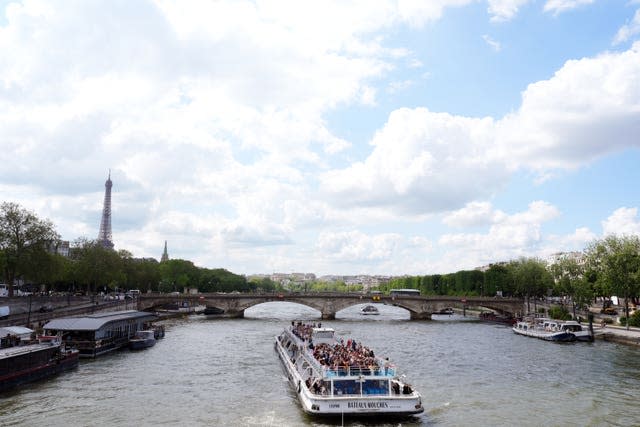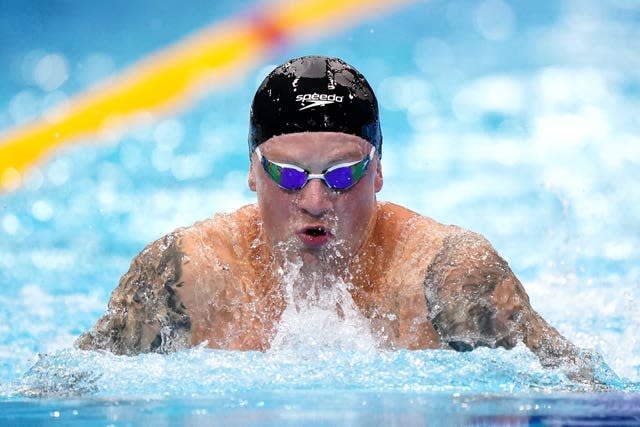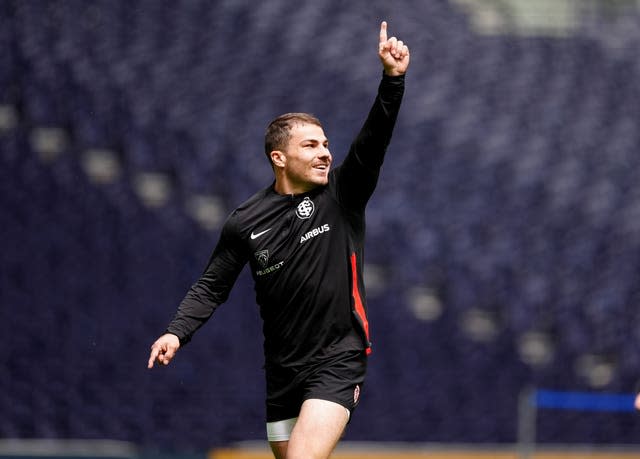Paris to bring Olympics back to the people with opening ceremony like no other
The river Seine will position itself at the front and centre of an Olympic rebirth later this month when upwards of 500,000 spectators cram on to its banks to bear witness to an opening ceremony like no other.
After the closed shop of Covid-stricken Tokyo, when the handful of dignitaries in attendance were warned to “clap, don’t sing” by the stadium screens, the audacious plan – in which national teams bob round its curves on specially-commissioned barges – is intended to bring the Games back to the people.
Only with the benefit of three years of hindsight are we able to fully appreciate the extent of the restrictions in Tokyo – 17 days of quarantine threats and daily saliva tests, face-masked athletes hitting Olympian heights in empty arenas before celebrating with friends and family via creaky Zoom links back home.

By being the first Games to dispense with a stadium for its opening ceremony, Paris is jumping back in two-footed – or it will be, provided a billion-dollar clean-up bid pays dividends for the triathlon and marathon swimming events that are due to follow a similar course.
It will not be the first time the river has been central to Parisian Olympic ambitions. When the city first staged the Games in 1900, all swimming events were staged in the river, including an underwater swimming event whose winner, Charles de Venville, stayed submerged for over a minute.
England’s Fred Lane was the Adam Peaty of his day, clinching two aquatic gold medals in the river, including one in the sadly discontinued obstacle race, which required competitors to climb over a pole, then navigate over and under a row of boats.

Other sports that featured that summer in Paris, including Basque pelota, polo and tug-of-war, have also long since disappeared from the Olympic programme, superseded by an expanding urban programme that is set to light up the Place de la Concorde, with breaking its latest addition.
A finely-tuned Team GB will arrive in the French capital aiming to soak up every bit of the next-best-thing-to-a-home Games, amid predictions of a record post-War medal haul and a series of defending champions intent on repeating their Tokyo feats this time in front of packed grandstands.
Peaty and Tom Dean will lead the charge in the Paris La Defense Arena, where obstacles and sewage output will be the least of their concerns. BMXers Charlotte Worthington and Beth Shriever and gymnast Max Whitlock will be looking to retain their crowns, while for former winners Jade Jones and Charlotte Dujardin it is about reclaiming former glories.

Having last hosted a Games in 1924, Paris will be ready to roar on its home-grown heroes who do not come any bigger than heavyweight judoka Teddy Riner, already a two-time individual champion who is looking to make up for the disappointment of losing his title in Tokyo, and rugby sevens star Antoine Dupont.
While the abiding hope for Paris is that the inclusive opening ceremony paves the way for the kind of global celebration that has been sadly missing during the Covid era, it will be impossible to shake off concerns relating to Russia’s effective absence due to its aggression in Ukraine and the increasingly tenuous nature of the Olympic Truce.
It somehow seems simpler to reflect back to the 1900 Games where just over 1,000 athletes competed over 27 sports and prizes included both medals and a range of random trophies, with swimming star Lane rewarded for his two gold medals with 50lb statues of, respectively, a peasant girl and a horse.
But the Games must keep moving onwards and upwards and the suffix to the Olympic Motto applied to some consternation by International Olympic Committee president Thomas Bach in 2021 now seems entirely appropriate.
“Faster, Higher, Stronger – Together”, it now reads, as Paris prepares to welcome back the world once more.


